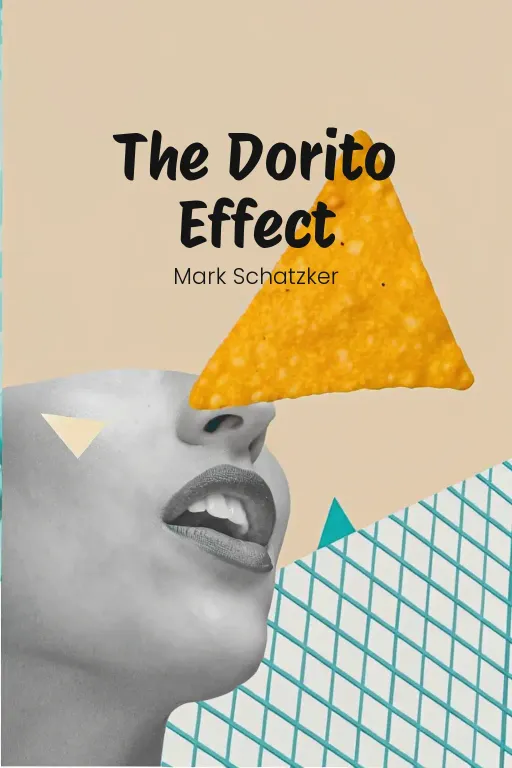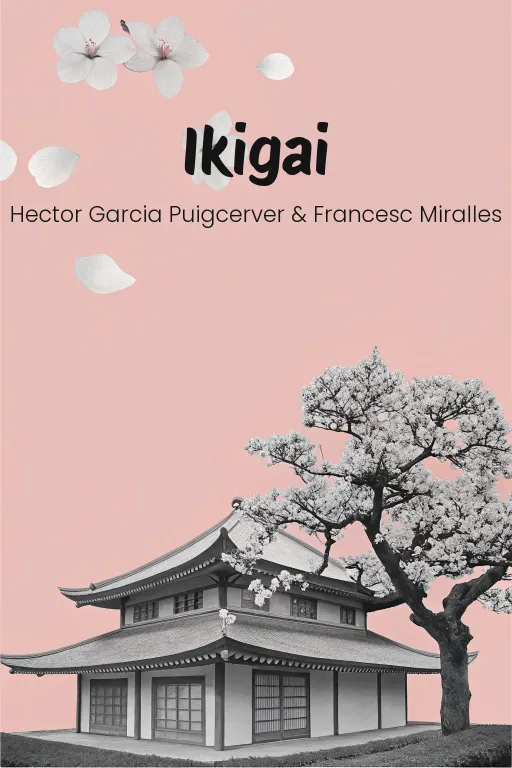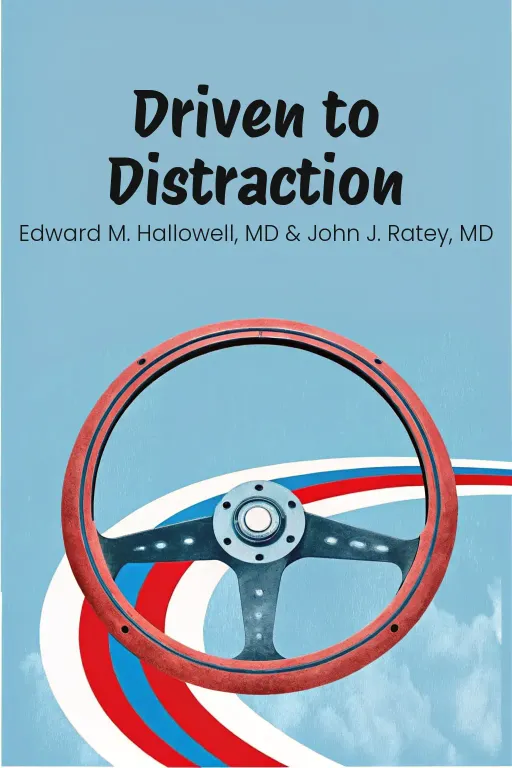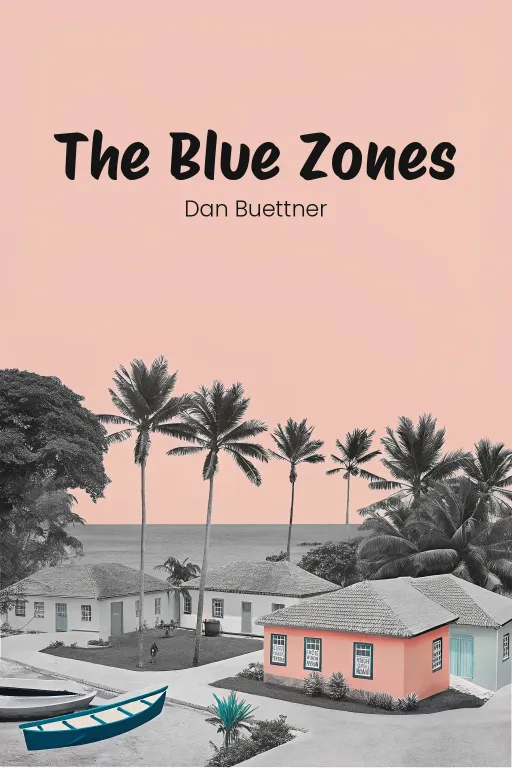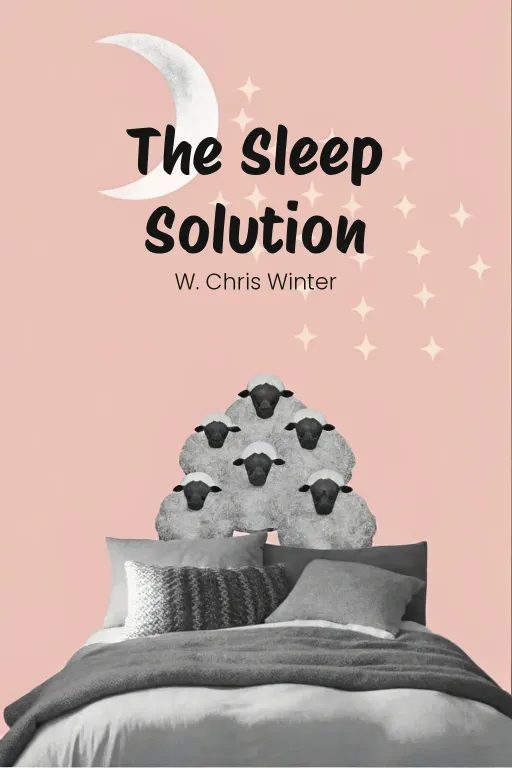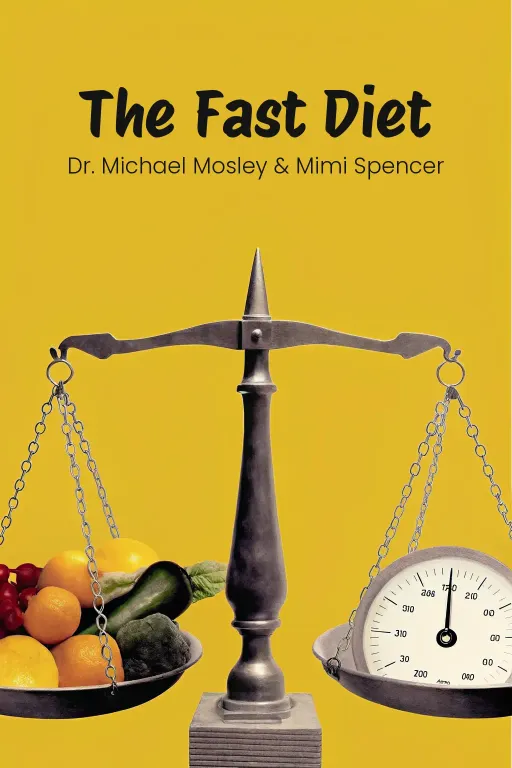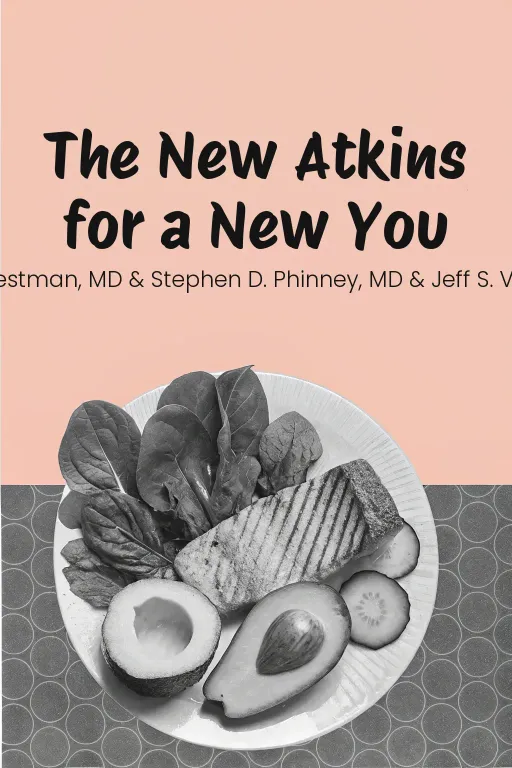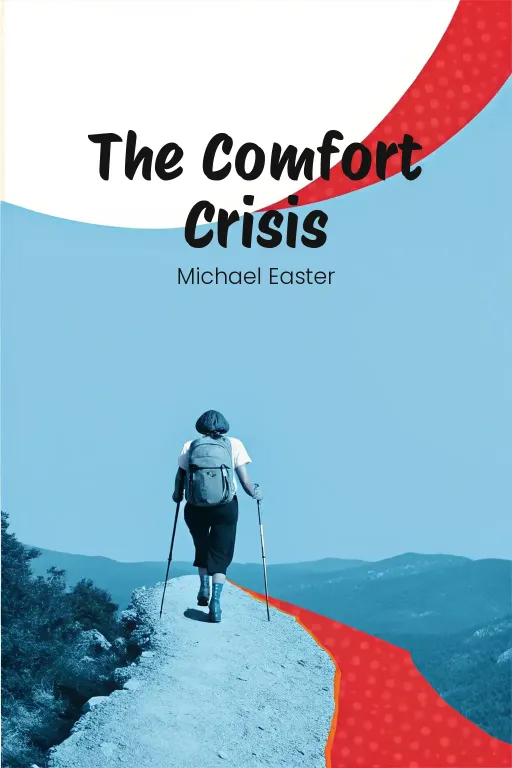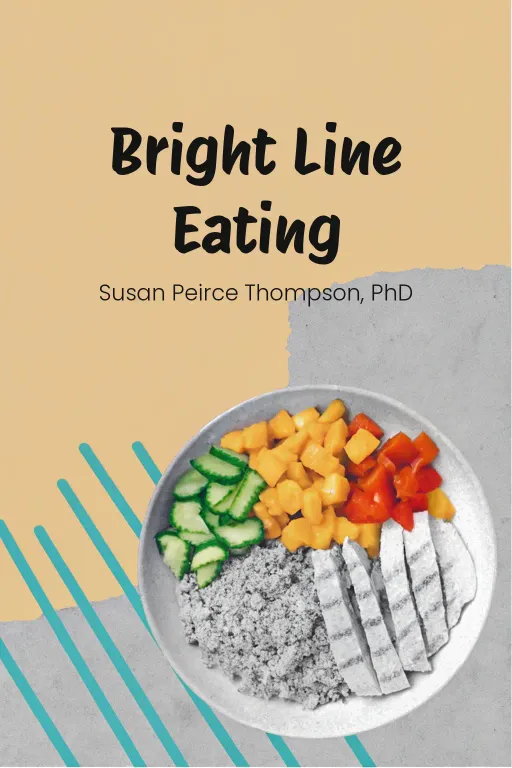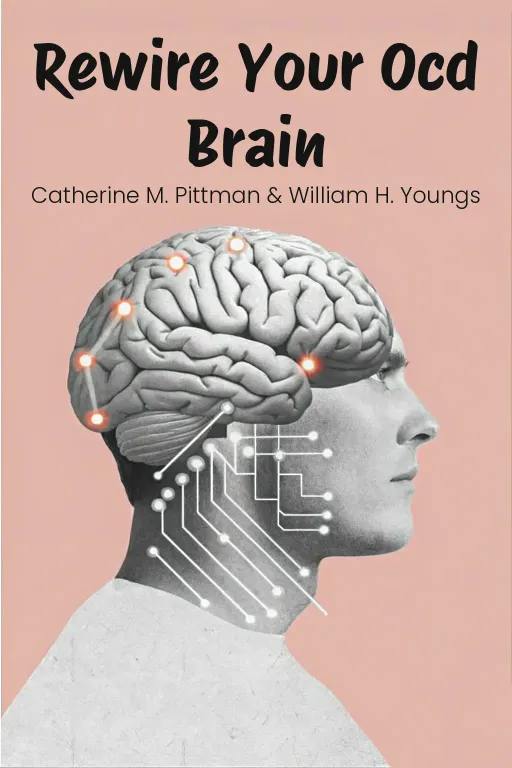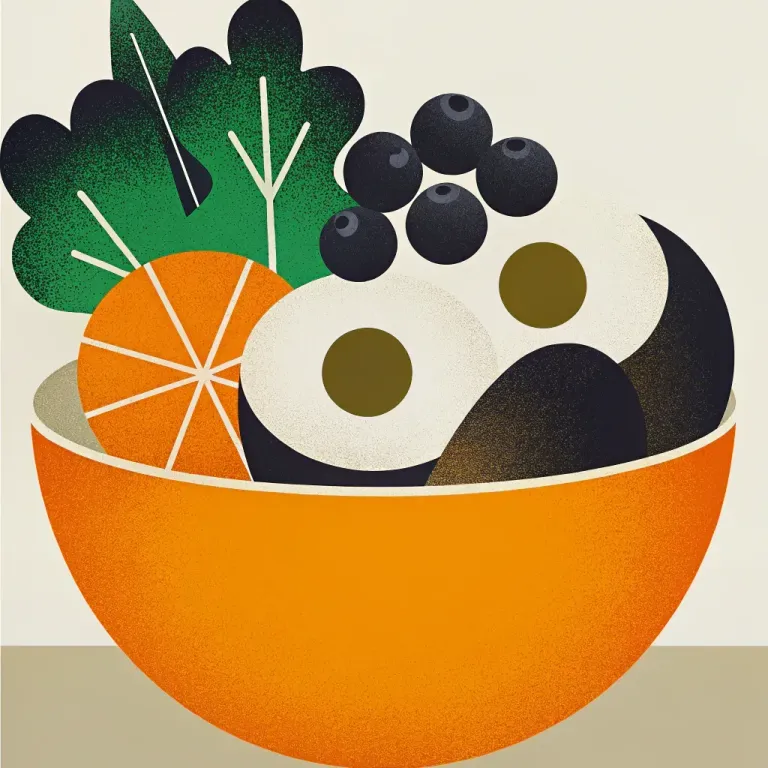
Live Longer, Better: Secrets of the Blue Zones
Podcast by Beta You with Alex and Michelle
9 Lessons for Living Longer From the People Who’ve Lived Longest
Introduction
Part 1
Alex: Hey everyone, welcome to the show! Here's a thought: what if hitting 100 wasn't just about good genes or sheer chance, but actually a result of our daily choices? Michelle: Yeah, and what if the key wasn’t some fancy new drug or tech breakthrough, but something as basic as what we eat, who we hang out with, or even how we chill out after work? Alex: That’s the core idea behind The Blue Zones by Dan Buettner. He explores five unique spots around the globe—think Sardinia, Okinawa, even parts of California—where folks routinely live longer, healthier, and genuinely more fulfilling lives. Michelle: Okay, longer and happier? I’m listening... Sounds a bit utopian, so what's the real deal? Alex: Well, no gimmicks—just insights from these amazing communities. The book gets into their everyday routines: plant-heavy diets, tight-knit communities, consistent physical activity, and a strong sense of purpose – things we’ve kind of lost sight of in our busy lives. Michelle: Alright, so today we’re going to break this down. First, we’ll look at where these Blue Zones are and how they were found. Then, we’ll dig into the habits that keep these people going strong. And finally, we'll see how the rest of us – you know, without having a vineyard in Tuscany – can actually incorporate these ideas into our own lives. Alex: Exactly! It’s about blending time-tested ways of living with our modern world. Let’s unlock the secrets of the world's longest-lived people. Michelle: And figure out if we can tack on a few extra years without having to relocate to a remote Greek island.
The Concept and Origins of Blue Zones
Part 2
Alex: Alright Michelle, great setup. So, Blue Zones—let's get into what they are and where that term even came from. Actually, the origin of "Blue Zones" is pretty straightforward. It started with researchers like Dr. Michel Poulain and Dr. Gianni Pes, who were looking at regions in Sardinia, Italy. They noticed a really high concentration of people living past 100. Michelle: Right, and if I remember correctly, the name "Blue Zones" wasn’t some fancy metaphor. It was literally because they used a blue marker to circle those areas on a map, right? Alex: Exactly! Super practical. Then Dan Buettner jumped in and broadened the research beyond just Sardinia. He teamed up with demographers, scientists, even anthropologists, to see if other places around the world had these longevity hotspots. Michelle: So, it started with drawing circles on a map and then became this massive global investigation. But I'm wondering, why didn't anyone do this sooner? People have always known about these long-living communities, haven't they? Alex: Yeah, that's true. There have always been stories, but actually proving those claims took real rigorous research. Buettner and his team went deep, verifying birth and death records in Sardinia just to make sure these centenarians were really as old as they said they were. That's what makes this study different — it wasn't just based on hearsay. Michelle: Smart. Instead of believing some story about a 120-year-old seaweed-eating fisherman, Buettner was like, "show me the receipts." Besides Sardinia, where else did he find these Blue Zones? Alex: So, there are five officially recognized Blue Zones. Sardinia, Okinawa in Japan, Ikaria in Greece, Nicoya in Costa Rica, and Loma Linda in California. Each has a unique story about not just how, but how people live better for longer. Michelle: Okay, let me guess. California feels out of place here. Sardinia has shepherds, Okinawa has zen philosophies, Greece has sunshine and mythology…But California? Isn't that where fast food and tech startups come to life? Alex: Valid point! But we're specifically talking about the Adventist community in Loma Linda. Their long lives are “really” rooted in their faith. They take weekly Sabbaths for rest and reflection, have strong communities, and eat mostly plant-based foods. So yes, it's California, but they're kind of an exception, living a much slower, simpler life. Michelle: Interesting. So Blue Zones aren’t just about location, right? It’s a mix of lifestyle, environment, and culture. You can't just drop a random group of people in Costa Rica and expect them to live longer. Alex: Precisely. Geography helps—like having landscapes that encourage you to move around—but it’s the daily habits in those places that matter. Take Okinawa, often called "The Land of the Immortals." They say it’s their diet, strong social ties through their moai groups, and the concept of ikigai. Michelle: Ikigai. That's the one about having a purpose, right? Knowing why you get up in the morning? Alex: Exactly! It means "reason for being." For Okinawans, it might be something like gardening, caring for great-grandkids, or fishing for dinner. Purpose rooted in everyday life, not some huge life goal. And that’s what’s fascinating: it's small, consistent actions that matter, not these grand ambitions. Michelle: Okay, so purpose—not cosmic enlightenment, just…a reason to get out of bed. Got it. I guess that makes sense, you're probably less likely to die if you still feel useful. What about Sardinia? What’s their secret? Alex: Sardinia offers a great contrast to Okinawa. It’s a mountainous region, so physical activity is just part of their day! A lot of the men are shepherds, walking miles and miles in the hills. Add a Mediterranean diet—beans, whole grains, and some wine—and you've got a good recipe for longevity. Michelle: Walk miles every day, eat legumes, drink wine in moderation... Sounds half appealing, half exhausting. Alex: But wait, there’s more! Community is huge there. Grandparents often live with their families, and elders are “really” respected. They're not alone—they’re valued. That feeling of belonging adds as much to their longevity as anything else. Michelle: So, in Sardinia, your family takes care of you—physically, emotionally, the whole deal. And they let you keep drinking wine. Not a bad arrangement. Alex: Not at all! These cultural habits—whether it’s ikigai in Okinawa or strong community ties in Sardinia—are what make Blue Zones so special.
Key Lifestyle Practices in Blue Zones
Part 3
Alex: So, after understanding Blue Zones as a concept, we can dive into the daily habits that “really” make these communities special. We're moving from the big picture to the actual nuts and bolts of their lifestyles, you know? Michelle: Right, so how do these people actually live long enough to become centenarians—no magic potions allowed? Let’s start with the obvious: food. What's on their plates? Alex: Well, their diets are mostly plant-based—lots of minimally processed, nutrient-rich foods. Think beans, veggies, whole grains, nuts…basically, everything health experts are always telling us to eat. Take Sardinia, for example. They eat tons of fava beans. They're packed with fiber, folate, and magnesium—all great for your heart. And of course, let’s not forget the moderate amounts of Cannonau wine, which is full of antioxidants. Michelle: Okay, so beans might add years to your life—I can buy that. But the Okinawans have their own spin on eating, right? Something involving stopping before you're completely stuffed? Alex: Exactly—it’s called hara hachi bu. It's a Confucian principle where you eat until you're about 80% full. Just satisfied, not bloated. This helps them limit calories naturally, which lowers the risk of obesity and diseases like diabetes. But it’s not just about portion control. It's about being mindful of what you're eating. You slow down, listen to your body…it’s almost meditative, “really”. Michelle: Eating until you’re only 80% full sounds… remarkably disciplined, even a little cruel! You’re saying they willingly stop eating while there's still delicious food on their plates? Alex: Well, it's not quite as painful as it sounds. The overall eating experience in Blue Zones is more communal, more intentional. Meals aren’t rushed. And they’re usually shared with family or friends. This not only makes it easier to follow the practice, but it also adds an emotional element—enjoying food, not just using it as fuel. Michelle: Sounds like the opposite of eating leftover pizza alone at my desk at 2 PM and scrolling through my phone. Okay, food is key – but what about exercise? Are they all hitting the gym? Alex: Not “really”. What's interesting is how movement is a part of their everyday lives. It's not about intense workouts. It's about consistent, low-intensity activity. In Sardinia, shepherds walk miles every single day, trekking up and down hills with their sheep. It's just part of their day. Michelle: So their workout is…living. I have to admit, that’s more appealing than a CrossFit class. But what about those of us who don’t spend our days herding sheep? How do we make that work? Alex: That’s the beauty of it! It’s about making movement natural. Gardening, walking instead of driving, even doing chores around the house. You don’t need to do traditional exercise. The key is to avoid sitting for long periods of time. Michelle: Instead of running on a treadmill, just make movement a part of what you do. I get it. Now, you mentioned the importance of community. Tell me more about that. Alex: Social connections are extremely powerful in Blue Zones. Take Okinawa. They have these groups called moai. They are groups of lifelong friends who support each other emotionally, financially, and socially. They meet regularly to share meals, chat, and genuinely care for one another. Michelle: Lots of people have close friends, but moai sounds like a whole different ballgame. It’s almost like a chosen family—those bonds sound incredibly strong. Alex: Exactly. It’s not just having friends, but it’s about being part of a support system. Being in a moai means nobody’s ever truly alone. It's not just about happiness. It can lower stress hormones and prevent depression. Michelle: Makes sense. Loneliness can be tough on you – both mentally and physically. So, relationships in Blue Zones aren’t just nice to have…they’re extending people’s lives, it sounds like. Alex: Precisely. It’s also important to note that this sense of belonging extends beyond friendships. Family bonds are very strong in Sardinia. Elderly relatives live with their children and grandchildren and are respected. Michelle: The older folks feel valued, and younger family members have built-in support. Everyone wins. Now, here’s something that I think is “really” interesting: a sense of purpose. How does that factor in? Alex: It's essential. In Okinawa, they call it ikigai, or “reason for being.” In Nicoya, Costa Rica, they call it plan de vida. It gives people a sense of purpose. It could be taking care of family, tending to a garden, or contributing to the community. Michelle: So it doesn’t have to be some huge, earth-shattering goal—it’s just why you get out of bed and what motivates you. Like, Panchita in Nicoya, her plan de vida was being an active part of her family. She stayed vibrant because her life still had meaning. Alex: Exactly. It’s not an abstract thing; it's personal and rooted in your everyday life. Studies have shown that people with a strong sense of purpose tend to live longer and experience less stress. Michelle: Okay, last piece of the puzzle: stress management. How do these communities handle the chaos of modern life? Alex: Stress is still there in Blue Zones, but it’s how they manage it that matters. They make rest and relaxation a priority. The Adventists in Loma Linda spend their Sabbath completely disconnected from work, focusing on family and nature. Michelle: Taking one full day off per week... radical. And what about Greece? I hear they take napping very seriously on Ikaria. Is that true? Alex: Very true—and very effective! Naps are a part of their routine, and studies show a link to lower rates of heart disease. These small breaks from stress renew both your body and mind. Michelle: So it’s not about avoiding stress entirely—it’s about creating routines that allow you to release the stress, even if only for a short time. Alex: Right. What you see across all of these practices—diet, movement, connection, purpose, stress relief—is a theme of balance. It doesn’t feel forced. It’s simply living life well.
Applying Blue Zone Principles to Modern Life
Part 4
Alex: Okay, now that we've laid the groundwork with the Blue Zones, let's talk about the actual habits that help people live so long and well and more importantly, how we can actually apply these principles to our crazy, fast-paced lives today. So, really, it's about connecting ancient wisdom with modern-day realities and giving our listeners some practical takeaways. Michelle: Exactly, that's the interesting part, isn't it? Trying to figure out how to take bits and pieces of these lifestyles and actually make them work in our world of desk jobs, processed food, and endless streaming options. So, where do we even begin? Alex: Well, food is a great place to start. Across all the Blue Zones, one thing is super clear: their diets are overwhelmingly plant-based. I mean, tons of vegetables, legumes, whole grains, and nuts. Take Nicoya, for example. They love their beans, corn, and squash. Not only are these foods really nutritious, but they’re also affordable and easy to get, even for us. Michelle: Okay, beans I can handle. But are you saying these people are eating beans all the time? Like, no cheat days ever? No Friday night steak dinners? Alex: Not never. They do eat meat, but it’s not the main event. More like a side dish, or something for a special occasion. And remember Panchita, that 100-year-old woman from Nicoya I mentioned? She grew her own food. Her meals were mostly black beans and tortillas – simple, nourishing, and deeply connected to their culture. Michelle: Right, so step one: get into beans. And maybe lay off the double cheeseburgers. But seriously, how realistic is this for the average person who's super busy or doesn't even cook at home? Alex: That's why we need to take baby steps. Start by adding just one plant-based meal a day. Try swapping out meat for beans in some of your favorite recipes. Like, a lentil Bolognese instead of beef. And if cooking feels like too much, just throw together a big salad with nuts and chickpeas. It’s not about being perfect, it’s about being consistent. Michelle: Got it. Baby steps into beandom. So, what's the next Blue Zone habit we can "borrow"? Alex: Community and connection, hands down. People in Blue Zones are deeply connected to their social circles. Take the Okinawan moai, for example. These are tight-knit groups that act like emotional and even financial safety nets. They meet up regularly to eat, chat, laugh, and support each other through thick and thin. Michelle: Aha, so it's like a family, but you get to pick them? That's actually kind of brilliant. But how does someone in modern society - where it's hard to make new friends after college - actually build a moai? Alex: It starts with being intentional. Reconnect with people you already know. Maybe schedule a weekly dinner, or even just grab a coffee. Or, join groups that match your interests – book clubs, running groups, volunteer organizations. It's not about how many relationships you have, but about how deep and meaningful they are. Michelle: I get that – regular check-ins to strengthen connections, especially when we're all stuck in our digital worlds. What about families? Most of us aren't living with three generations under one roof anymore. Alex: True, but even small things make a difference. Use technology to your advantage – FaceTime your parents, call your siblings. If you happen to live near family, create simple traditions, like Sunday dinners together. It's all about nurturing that intergenerational connection in whatever way works for you. Michelle: Okay, we've got food and friendships covered. Now, let's tackle this buzzword everyone loves: purpose. Ikigai, right? Alex: Exactly. In Okinawa, ikigai is your "reason for being." It's what gets you up in the morning. For someone like Marge Jetton, that Adventist woman from Loma Linda, her purpose was living a healthy life and giving back to her community. It doesn't have to be some massive goal. It can be as simple as gardening, mentoring, or helping out in your neighborhood. Michelle: So, it's not about needing a five-year plan or becoming a CEO—it's about finding meaning in the small, everyday stuff? Alex: Exactly. Ask yourself, "What makes me feel fulfilled? What do I enjoy that also makes a positive impact on others?" Finding your purpose isn't about completely changing your life. It's about clarifying what's already important to you and leaning into it. Michelle: That actually feels less daunting. And having a sense of purpose has real health perks, right? Less stress, more resilience? Alex: Definitely. Studies show that people who have a strong sense of purpose tend to be more active and less stressed. It gives you a sense of direction and optimism that has a real impact on your physical health as well. Michelle: Alright, so we’ve got food, friends, and purpose. But the real question is, how do these centenarians stay so fit without, you know, running marathons? Alex: They don’t "exercise" like we think of it. People in Blue Zones move naturally throughout their day, meaning they walk to the store, garden, chop wood. Sardinian shepherds, for example, hike miles every day over rough terrain as part of their job. It’s what we might call "functional fitness." Michelle: So, no fancy gym memberships needed – just make movement a natural part of your daily life? Alex: Yep. Take more steps during your day. Walk, bike, or stretch during your lunch break at work. Even household chores like cooking or sweeping count. The key is to avoid sitting for long periods. Think small movements, done often, rather than intense workouts. Michelle: Okay, I can start parking further away from the store. But we still have one more thing to cover: stress management. Let’s face it, modern life is basically a stress factory. Alex: Tell me about it! But people in Blue Zones deal with stress through simple, culturally ingrained rituals. In Ikaria, midday naps are a must. In Loma Linda, the weekly Sabbath is dedicated to complete rest. And don’t forget about humor! People in Nicoya <Laughs> laugh with friends which relieves tension. Michelle: Naps sound amazing, I’m in! But how do we, the caffeine-fueled, workaholic mortals, manage this stress thing? Alex: Start with small steps. Build in five- to ten-minute breaks throughout your day. Whether it's for deep breathing, a quick walk outside, or some simple stretches. Embrace "micro-pauses," and give yourself permission to unplug entirely on occasion – think of a slow weekend morning as your mini-Sabbath. Michelle: Honestly, it sounds pretty doable when you break it down like that. What amazes me is how... ordinary these habits are. No one’s eating weird superfoods or meditating in the Himalayas. Alex: That’s the beauty of the Blue Zones! It’s their simplicity. It’s not about extremes, it’s about weaving small, meaningful habits into your everyday life. And that’s why so much of it can be adapted to our modern lives. Michelle: So, the main takeaway: start small. Eat more plants, connect with friends, keep moving, find your purpose, and take a breath every now and then. Alex: Exactly! By incorporating these habits over time, we’re not just adding years to our life, we’re adding life to our years.
Conclusion
Part 5
Alex: So, to sum it up, the Blue Zones show us that living a long life isn't just about winning the genetic lottery. It's about how you live. These communities flourish because they've figured out how to balance their lives, weaving together plant-based foods, regular activity, strong social bonds, a sense of purpose, and effective stress management into their daily lives. Michelle: Right, and the cool thing is, you don't have to pack your bags and move to Sardinia to see the benefits. It's about making small, deliberate changes. Like, maybe swapping out a meal for beans, taking a slightly longer walk, or just calling a friend to catch up. Alex: Exactly! What “really” strikes me is how achievable these habits are. It's a reminder that there's no secret formula, just simple, mindful living that yields significant returns. Michelle: Okay, so here's a challenge for everyone: what's one small thing you're willing to try this week? Whether it's eating more veggies or just taking a few minutes to de-stress, find your starting point and go for it. Alex: Because ultimately, longevity isn't just about adding years to your life—it's about adding life to your years. And that's something we can all aim for.
